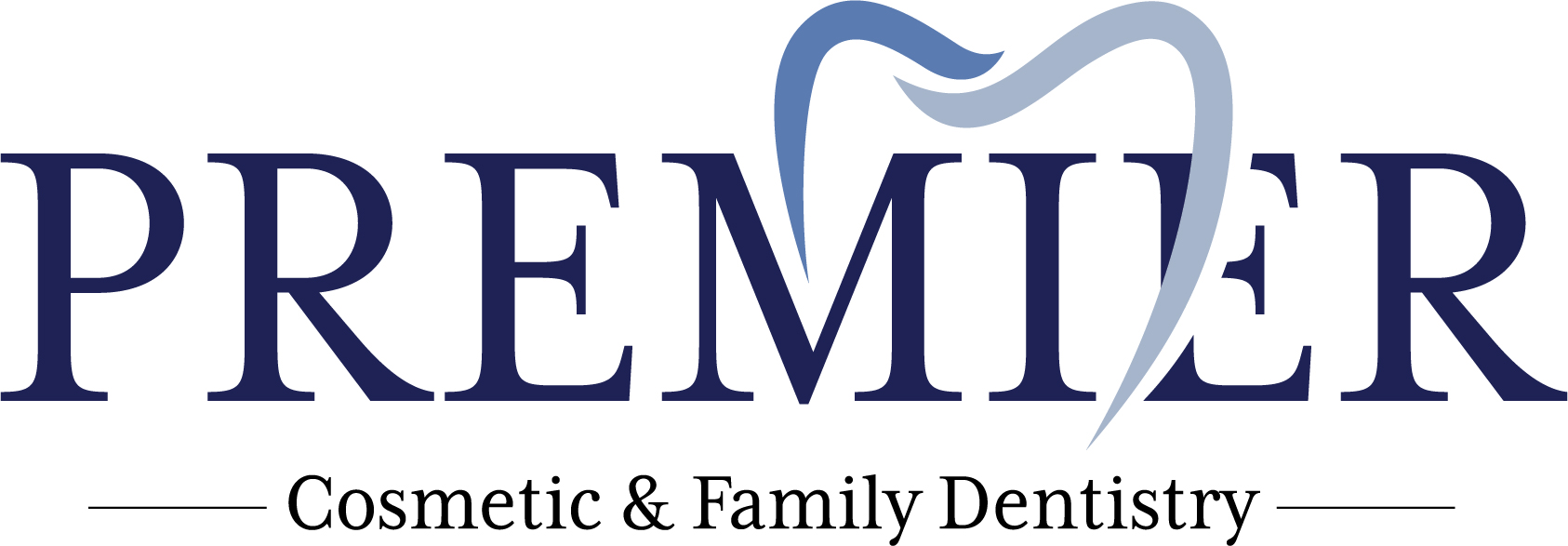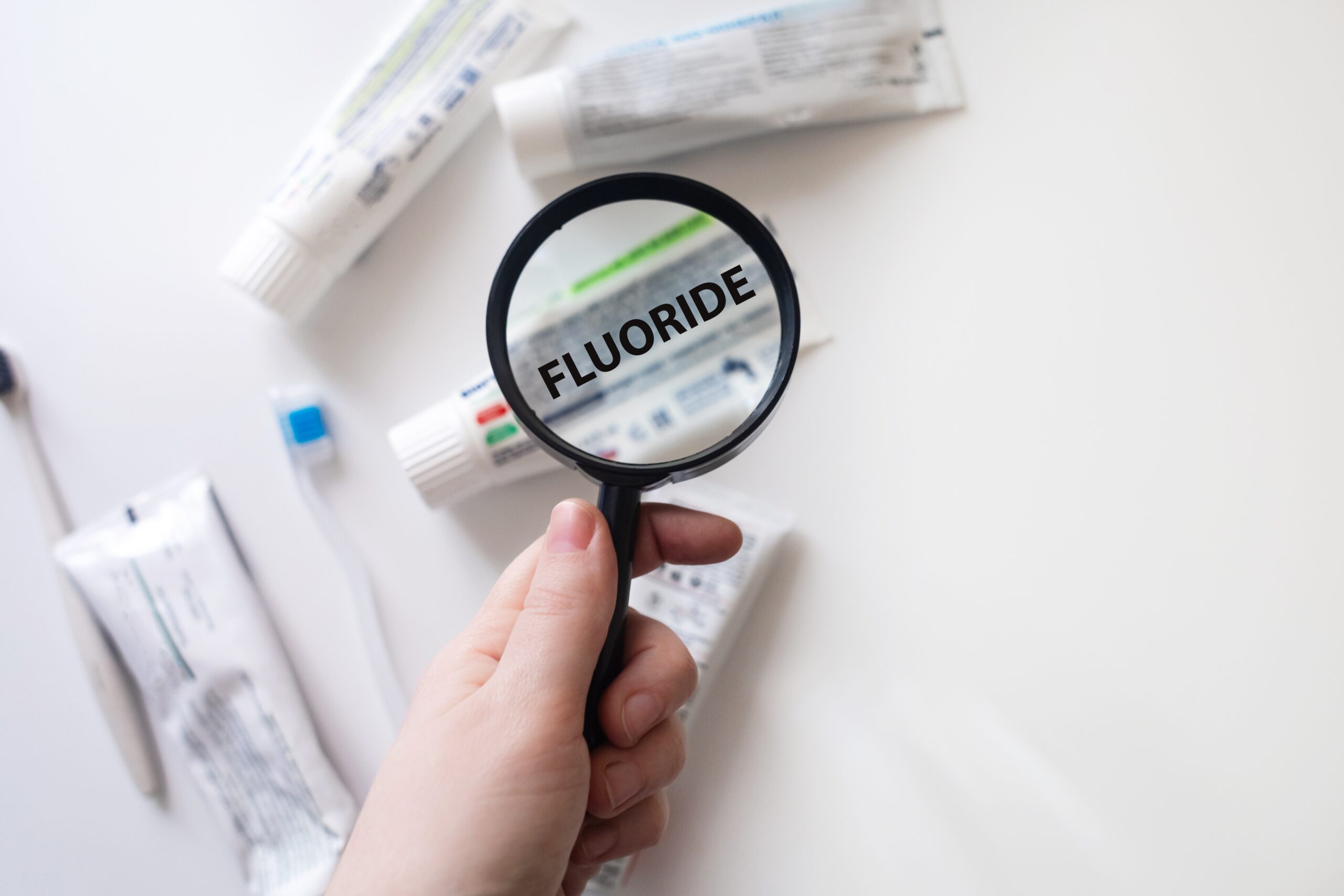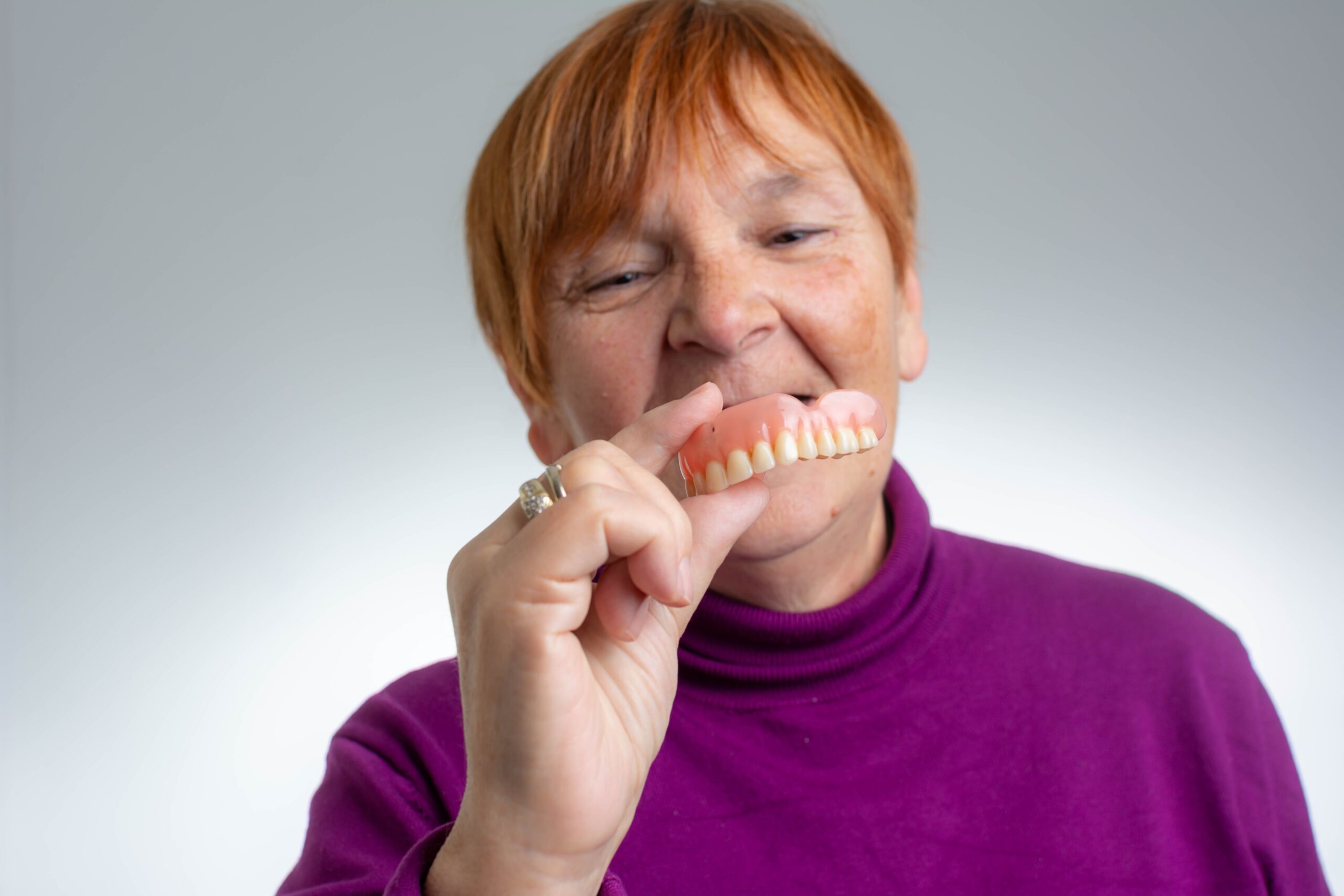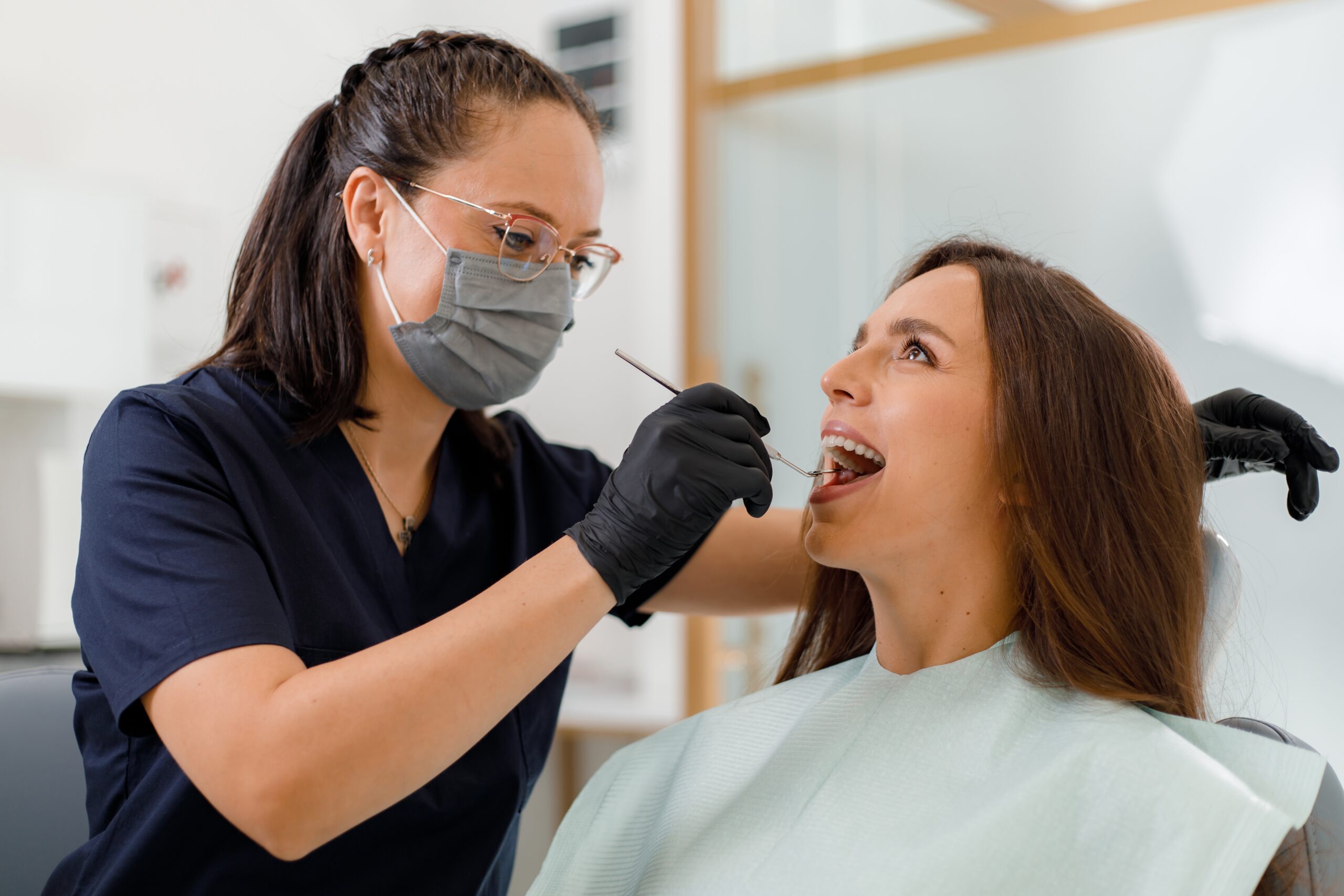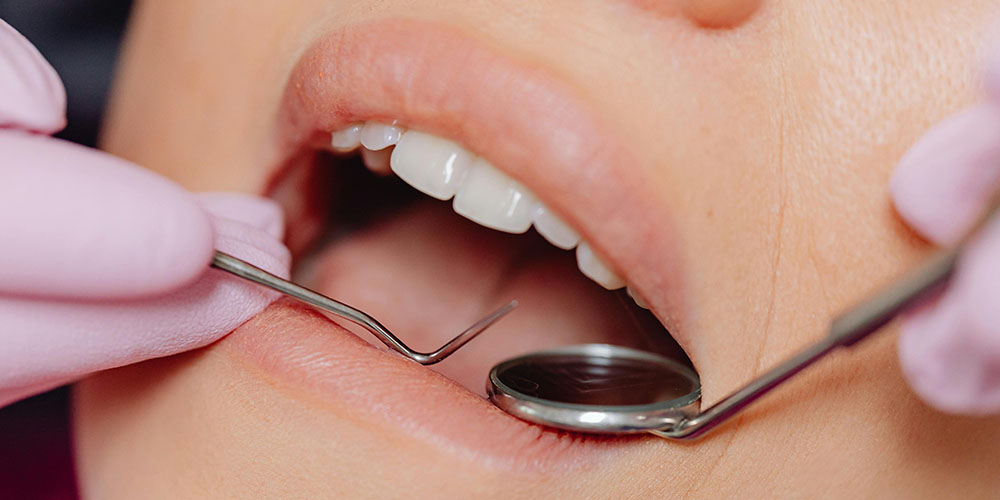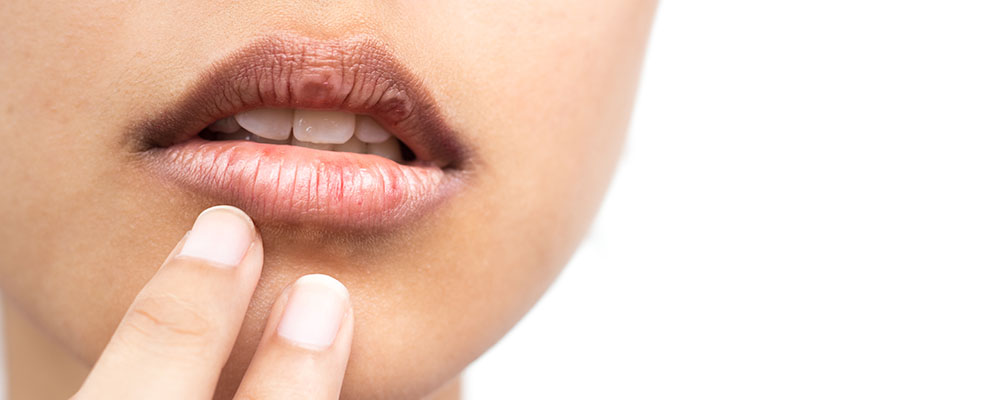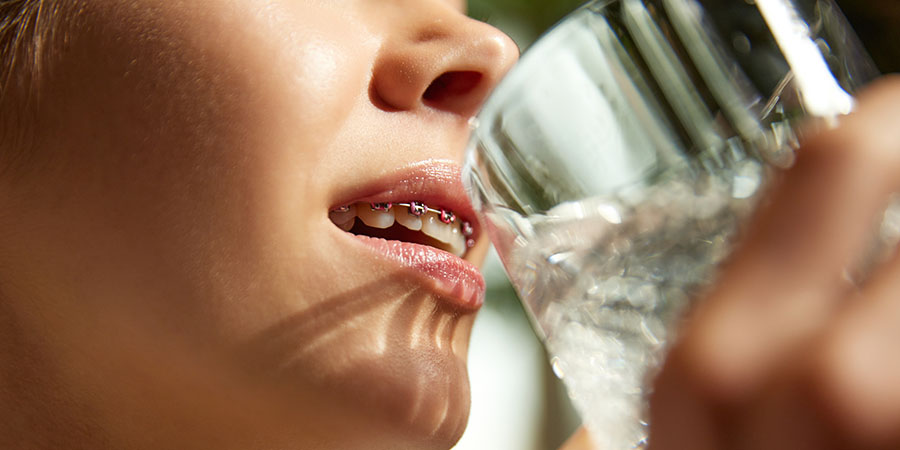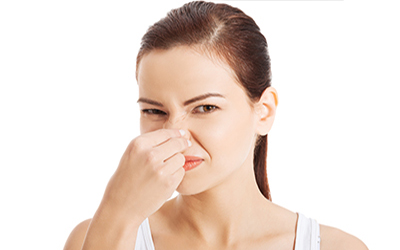All of these are important indicators about the state of your oral health — and they're often the first thing people notice when they meet you. But getting your teeth, gums and mouth really clean, and maintaining that healthy state throughout the day (and in the months between professional dental cleanings) can be challenging.
Of course, there's much more to oral hygiene than just a bright smile. Take tooth decay, for example: Despite all our efforts, it's still the single most common chronic disease of childhood, affecting two-thirds of U.S. kids aged 12-19. It is 5 times more common than asthma, 7 times more common than hay fever — and it's almost totally preventable. Several other diseases commonly affect the mouth, including periodontitis (gum disease), which, if left untreated, can lead to tooth loss and possibly systemic (whole-body) inflammation.
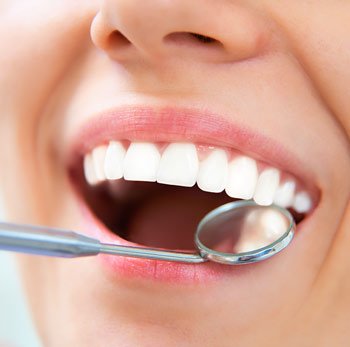
In many ways, the health of the mouth mirrors the health of the body. Diseases in other parts of the body often cause symptoms we can observe in the mouth; likewise, oral maladies (like tooth loss) not only reduce an individual's quality of life, but may also lead to problems in other areas. That's another reason why maintaining good oral hygiene is so important.
Keeping Up Your Oral Health
Regular dental visits play a critical role in maintaining your oral health — not only to find and remedy any problems with teeth or gums, but also to assess the general condition of your oral health, point out potential trouble spots, and offer suggestions for preventive care. In between visits, the best way to keep your teeth clean and free of disease, your gums pink and healthy, and your breath fresh, is a program of daily oral hygiene. Your regular routine should include the following:
- Brush and Floss. You should brush at least twice a day and floss at least once daily. This will help remove plaque, a bacteria-laden biofilm, from the surfaces of your teeth. The bacteria in plaque can turn sugars from food into acids, which attack the tooth's enamel and cause tooth decay. Some bacteria can also cause gingivitis and other gum diseases.
- Make sure you're getting the proper amount of fluoride. Fluoride strengthens tooth enamel — it's essential for children's developing teeth, and helps prevent decay in both kids and adults. Even if your municipal water is fluoridated, you should always use fluoride toothpaste. If more fluoride is needed, it can be applied directly to your teeth at the dental office.
- Limit between-meal snacks. Sugary snacks are the perfect fuel for decay-causing bacteria — and when eaten throughout the day, they keep the acid constantly on the attack. So give your mouth a break, and (if you allow them) limit sugary treats to mealtime.
- Use an appropriate mouthrinse — especially if you're at increased risk. Therapeutic mouthrinses do more than temporarily mask bad smells or tastes in your mouth — they can improve your overall oral hygiene. While some over-the counter products offer primarily "cosmetic" benefits, therapeutic rinses contain anti-bacterial and anti-cariogenic (cavity-fighting) ingredients. Using a therapeutic mouthrinse has been proven to control plaque bacteria and prevent cavities better than brushing and flossing alone.
- Quit tobacco. Whether smoked or smokeless, tobacco use greatly increases your risk of oral cancer, gum disease, and tooth decay (not to mention heart disease and lung cancer… but you already knew that). If you use tobacco, ask us how to quit now.
- Examine your mouth regularly. Once you've established a regular routine, you'll quickly recognize any changes in your mouth — like chipped teeth, red or swollen gums, or unusual sores. If you find something of concern, let us know. Early treatment offers the best chance to remedy many problems.
A major goal of modern dentistry is to help you keep your teeth and gums healthy for a lifetime. By following a conscientious program of oral hygiene, you have the best chance at making this goal a reality.
Common Misconceptions About Fluoride and Dental Health
The link between fluoride and dental health is a topic that sparks a lot of discussion and misinformation. Although dentists have used it for years to strengthen tooth enamel, fluoride myths persist, leaving people uncertain about its role in their dental health. What is Fluoride and Why Does it Spark Debate? Fluoride is a natural mineral found that reinforces tooth enamel and helps your teeth more resistant to decay. It helps prevent cavities and its [...]
Halloween Candy Survival Guide: Tips for Protecting Your Smile
A big part of celebrating Halloween is all the candy and fun treats that are associated with the holiday. Even though most people understand that eating too much candy can lead to dental issues, a full bag of trick-or-treating candy can be hard to pass up. The good news is that with a few simple Halloween dental tips, you can enjoy your candy without causing permanent damage to your teeth. What Does Candy Do To [...]
How Do You Know When to Replace Your Dentures?
Dentures are an excellent solution for people who have experienced tooth loss. However, though permanent dentures exist, they still don’t last forever. Knowing how often you need new dentures is an important part of maintaining your oral health. It might be time for new dentures if you’re experiencing fit issues, discomfort, or difficulty eating. The Different Types of Dentures An important part of knowing how often you need new dentures is understanding the different types [...]
The Importance of Preventive Dental Care
Basic dental care is a vital part of taking care of yourself, but that’s only one part of preventing dental issues. Regular dentist appointments are also part of protecting your teeth and maintaining your oral health. What Is Considered Preventive Dental Care? Preventive dental care includes professional services and habits you practice at home. This keeps your teeth and gums healthy and stops dental problems before they begin. Common preventive services include: Routine dental cleanings [...]
End-of-Year Teeth Cleaning: Why It’s Important
The end of the year can be a busy time, and you might already have a hectic schedule. While spending time with loved ones during the holidays is important, setting aside some time for end-of-year teeth cleaning is also essential.
Understanding Dry Mouth as the Weather Gets Colder
Xerostomia, more commonly known as dry mouth, occurs when there is insufficient saliva to keep the mouth sufficiently moist. When the air cools down, it is not as humid as it is during the summer. Cooler air hardly carries any moisture at all. Turning on your heater does not alleviate this situation. It heats your home but does not add moisture to the air and exacerbates dry mouth. Understanding Dry Mouth Other than [...]
How to Maintain Oral Hygiene During Summer Vacations
Traveling during your summer vacation helps to shake up your routine. While spending time in a new environment is great for your mental health, you also want to make sure that traveling doesn’t negatively impact your teeth and gums. Maintaining good oral hygiene during your travels helps to give you a bright smile for those amazing vacation photos, and you’ll enjoy knowing that your teeth are still in great condition when you get home. [...]
Hydration and Dental Health: Staying Hydrated in Georgia’s Heat
Plastic water bottles have become a common sight in today's culture. People who are active, as well as those with a more sedentary lifestyle, recognize the importance of staying hydrated for good health and a long life. However, the significance of water intake goes beyond promoting healthy skin and a strong metabolism. Adequate water intake also has substantial benefits for oral health. Water does more than rinse the mouth after brushing; it plays a [...]
The Most Common Causes of Bad Breath
Bad breath affects millions of people worldwide. It's not only a social concern but can also be a sign of underlying oral health issues.
CareCredit Financing Options
If you find yourself in need of professional teeth cleaning and you're not sure how to pay, CareCredit is here for you. We help pay for treatments and procedures your insurance doesn't cover at Premier Cosmetic & Family Dentistry. We offer No Interest* financing or low minimum monthly payment options so you can get what you want, when you want it. You can even use CareCredit for your family and favorite pet.
How to Get Financing for Dental Implants
With three simple steps, including an instant approval process, applying for CareCredit is easy. After you're approved, you're free to use CareCredit for the services you choose, from the dental implants you need today to LASIK, veterinary, or the hearing aids you could need tomorrow.
CareCredit is endorsed by some of the most credible organizations specific to the healthcare professions we support. And CareCredit is a GE Money Company, so you know you can count on us for consistent and reliable services. For over 20 years, we've been helping over five million cardholders access the healthcare treatments they want and need. Now you won't have to worry about saving up for the procedures that you want or need. With CareCredit, the decision is in your hands to get what you want, when you want it. For more information or to apply online, visit carecredit.com.
